The final series of Netflix’s royal drama The Crown leads the way at the Bafta television and craft awards with eight nominations.
Among the nominations for the sixth series, which was released in two parts last year, are a leading actor nomination for Dominic West who played Charles, then the Prince of Wales, and a supporting actor nomination for Salim Daw, for his role as Mohamed Al-Fayed, the father of Diana, Princess of Wales’s partner, Dodi Fayed.
The series has also scored two nominations in the supporting actress category, with Elizabeth Debicki nominated for her role as Diana, Princess of Wales and Lesley Manville for her role as Princess Margaret.
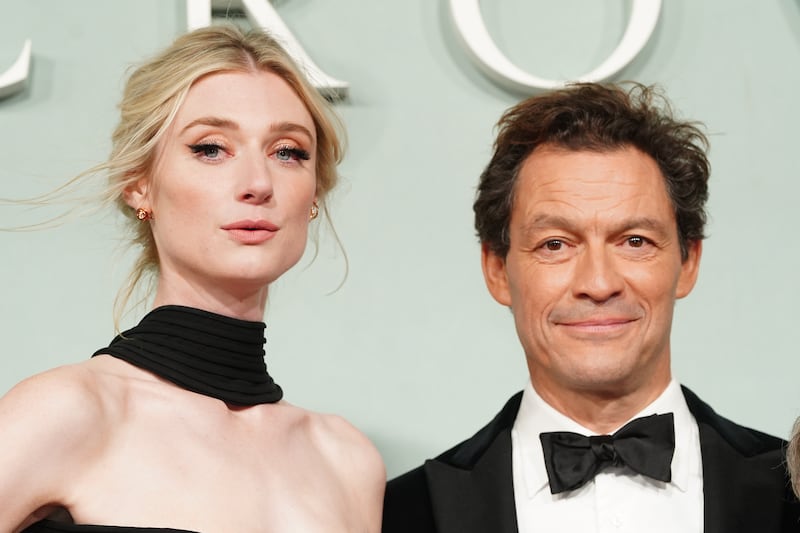
Other actresses nominated in the supporting category include Dame Harriet Walter for Succession, Jasmine Jobson for Top Boy, Nico Parker for HBO/Sky Atlantic’s The Last Of Us and Siobhan Finneran for Sally Wainwright’s BBC drama series Happy Valley.
Black Mirror’s Demon 79, one of five episodes in the sixth series of Charlie Brooker’s dark, satirical series, has seven nominations across the television awards and television craft categories.
The Supporting Actress nominees are… 🤩
ELIZABETH DEBICKI The CrownHARRIET WALTER SuccessionJASMINE JOBSON Top Boy LESLEY MANVILLE The Crown NICO PARKER The Last of UsSIOBHAN FINNERAN Happy Valley#BAFTATVAwards with @pandocruises pic.twitter.com/xmJPyCBa4y
— BAFTA (@BAFTA) March 20, 2024
Set in northern England in 1979, the episode features a meek sales assistant who is told she must commit terrible acts to prevent disaster.
Actress Anjana Vasan, also known for Channel 4’s We Are Lady Parts, is nominated in the leading actress category for her role in Demon 79 as sales assistant Nida, while Black Mirror series creator Brooker and Bisha K Ali are nominated in the writer: drama category.
Other nominations for the Black Mirror instalment include limited drama, costume design, photography and lighting fiction, production design and scripted casting.
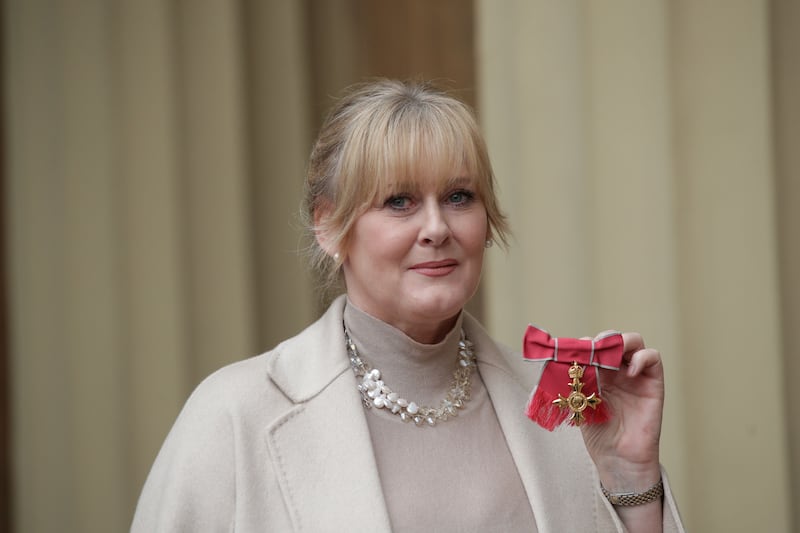
Popular series Happy Valley has seven nominations in total, including the previously announced P&O Cruises memorable moment award, which is voted for by the public, while Apple TV+ espionage drama Slow Horses, which stars Gary Oldman, and BBC true crime drama series The Sixth Commandment have six nominations each.
Happy Valley actress Sarah Lancashire is nominated in the leading actress category, alongside veteran actress Anne Reid for her role in The Sixth Commandment, which explores the deaths of Peter Farquhar and Ann Moore-Martin in Maids Moreton, Buckinghamshire.
Also scoring a leading actress nomination is Bella Ramsey for her role in The Last Of Us, the TV adaptation of the hugely popular video game which is set in a post-apocalyptic world where society has been destroyed by a pandemic.
Helena Bonham Carter is also nominated in the leading actress category for her role in ITVX’s Nolly, which saw her playing Crossroads star Noele Gordon, known to her friends as Nolly, in the Russell T Davies drama about the rise and fall of the actress.
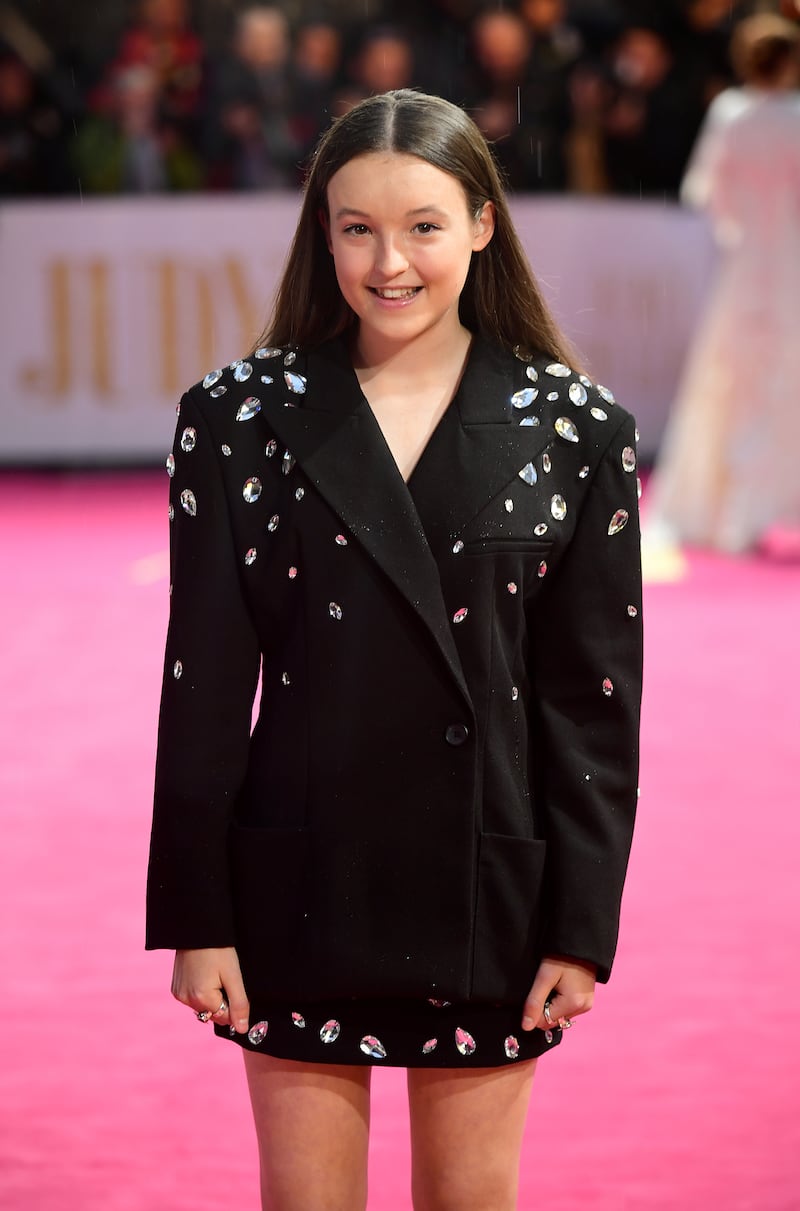
Also in the category is Irish actress Sharon Horgan, for BBC One series Best Interests, from Bafta-winning writer Jack Thorne, which sees her star alongside Michael Sheen as his wife.
Programmes with five nominations each include The Last Of Us, excluding its nod in the memorable moment category, and ITV drama The Long Shadow, which charts the five-year hunt to find Peter Sutcliffe, the Yorkshire Ripper.
Succession, the satirical comedy-drama from British screenwriter Jesse Armstrong which followed the Roy family and their power battles for four seasons and came to an end last year, has six nominations, including a nod in the memorable moment category.
Scottish actor Brian Cox is nominated in the leading actor category for his role as patriarch Logan Roy, alongside The Crown’s West, Kane Robinson for Top Boy, Paapa Essiedu for The Lazarus Project, and Timothy Spall for The Sixth Commandment.
The nomination marks Cox’s first Bafta TV nomination since 1993, when he was nominated for The Lost Language Of Cranes.
Steve Coogan, known for portraying comedy character Alan Partridge, is also nominated in the leading actor category for his portrayal of serial sex offender Jimmy Savile in BBC’s The Reckoning.
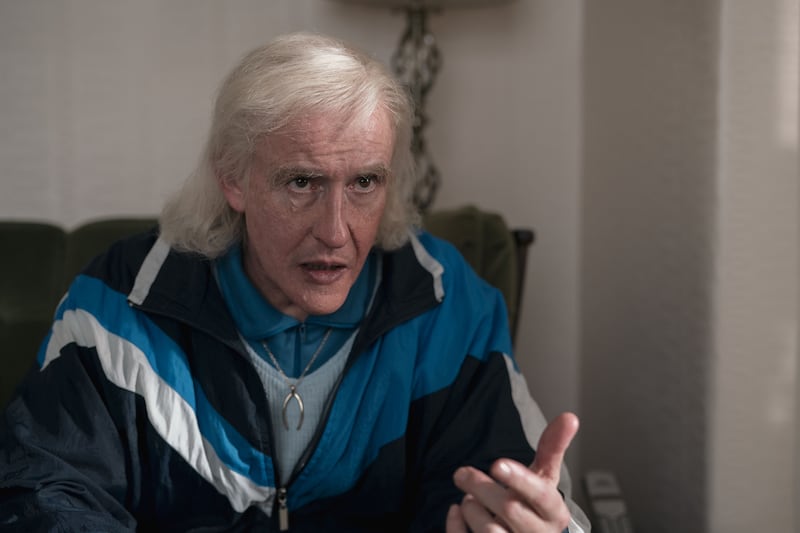
Savile died in October 2011 aged 84 having never been brought to justice for his crimes.
The supporting actor category sees Matthew Macfadyen nominated for his performance as Tom Wambsgans in the final series of Succession, alongside Amit Shah for Happy Valley, Eanna Hardwicke for The Sixth Commandment, Harris Dickinson for A Murder At The End Of The World, Jack Lowden for Slow Horses, and as previously mentioned, Salim Daw for The Crown.
The Eurovision Song Contest 2023 and Once Upon A Time In Northern Ireland have each received four nominations.
First-time Bafta TV nominees include David Tennant, who is nominated in the male performance in a comedy category for Good Omens, while fellow first-time nominee Hannah Waddingham has two nominations this year, in the entertainment category and the entertainment performance category.
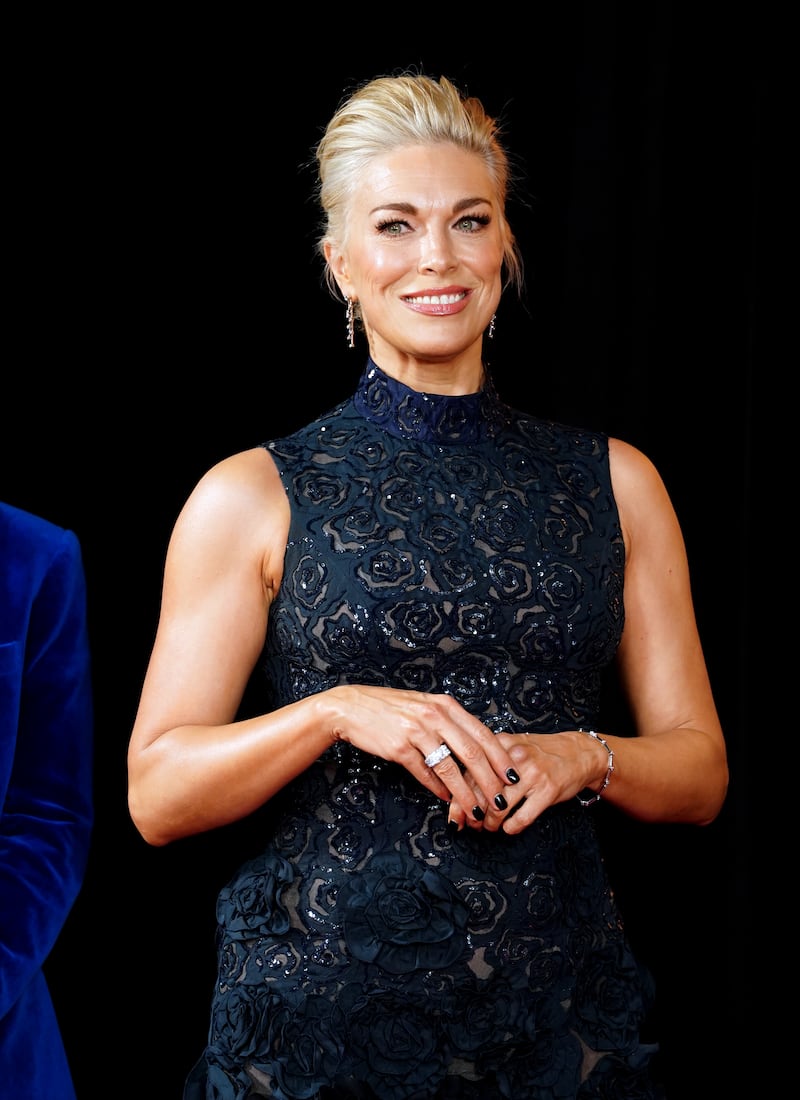
Reacting to the nomination given to her festive special, Hannah Waddingham: Home For Christmas, the British actress said in an Instagram story: “The almost literal blood, sweat and tears that went into my Apple TV+ Christmas Special!!!. These people, (who worked on the programme) giving… every day and most nights, for months and months… We bloody did it!.”
In the live event category, the Coronation concert is nominated alongside the Eurovision Song Contest and the Royal British Legion Festival of Remembrance.
Bafta chairwoman Sara Putt said: “Water cooler TV moments, brave documentaries which expand our world view, and powerful real-life inspired dramas – these are just some of the Bafta-nominated TV programmes for audiences to watch.
“I’m delighted to see so many first-time nominees, so much new and emerging talent and so many debut projects recognised today.
“At a time when budgets are tight and creative risk-taking can feel ever riskier, we hope our awards can play a positive role in reinforcing the value of nurturing new talent and ideas, as well as holding a mirror up to stubborn industry inequities, particularly for talented female directors who are still significantly outnumbered by their male counterparts when it comes to awards submissions.”









